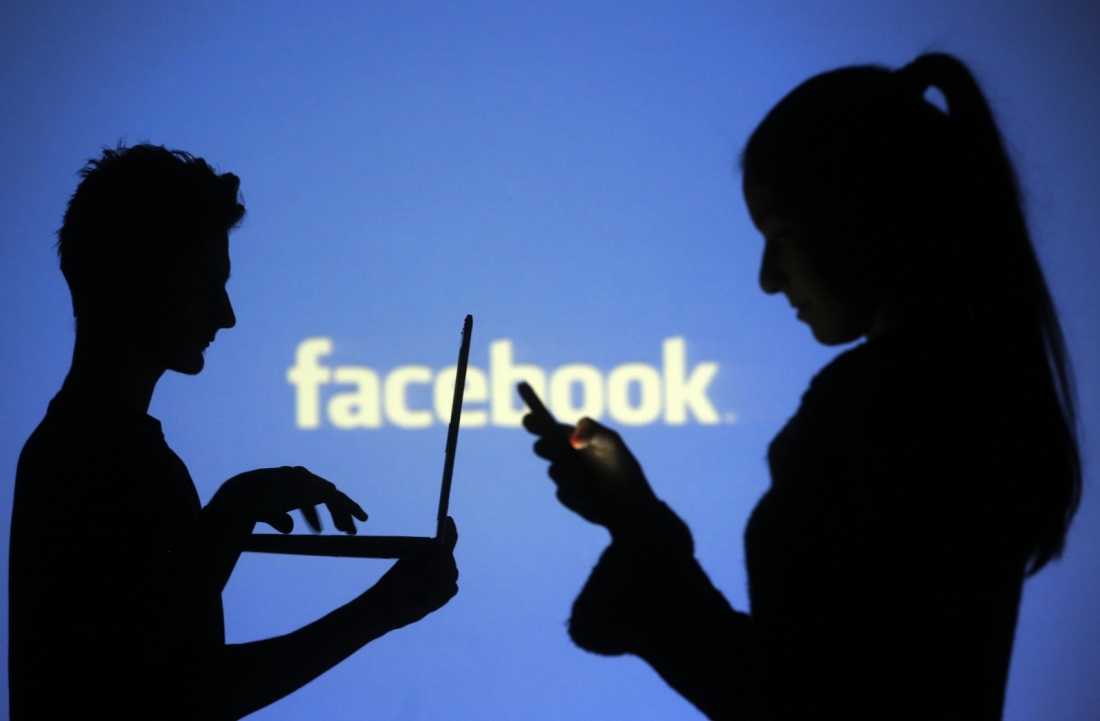Sean Parker isn't the only former Facebook executive to have second thoughts about products they've built and the influence they've had on society as a whole.
Chamath Palihapitiya, former vice president of user growth at Facebook, said during an interview at Stanford Graduate School of Business that he feels "tremendous guilt" for his role in helping Facebook become what it is today.
Palihapitiya concedes that Facebook's early creators kind of knew in the back of their minds that something bad could happen but the way they defined it was not how it turned out. According to Palihapitiya, it is literally at a point now where they've created tools that are ripping apart the social fabric of how society works. People need to hard brake, he said.
"The short-term, dopamine-driven feedback loops that we have created are destroying how society works. No civil discourse, no cooperation; misinformation, mistruth. And it's not an American problem --- this is not about Russians ads. This is a global problem."
Napster co-founder Sean Parker, who served as Facebook's founding president, echoed similar sentiments in early November. Parker said social media literally changes your relationship with society and each other, adding that it probably interferes with productivity as well. "God only knows what it's doing to our children's brains," he added.
Antonio Garcia-Martinez, a former Facebook product manager, said in May that the company lies about its ability to influence users based on data it collects from them.
Palihapitiya said he believes Facebook overwhelmingly does positive good in the world but that he has decided to take the money he was paid and put it to use to focus on structural changes that he can control.
